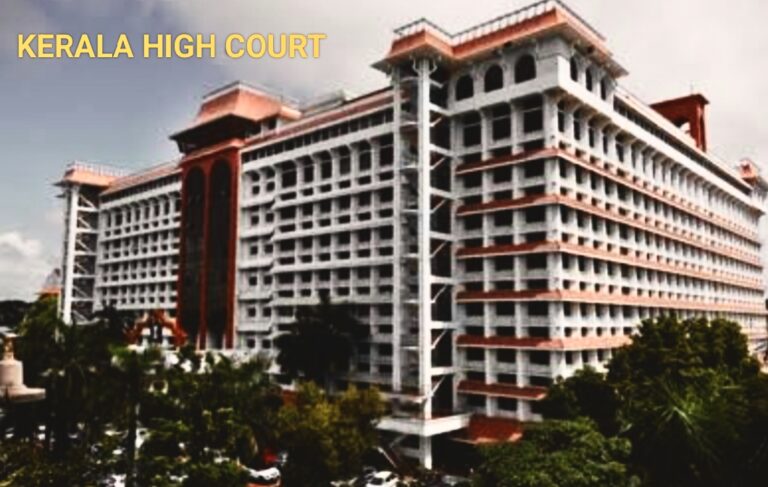The decision of Kerala High Court is in line with the broader principle that procedural errors without revenue loss should not attract punitive action.
The Kerala High Court, in the case of Maruthengal Moideen & Ors. v. State Tax Officer & Ors. [W.P.(C) No. 20837 of 2024], has ruled that interest and penalties imposed on the wrongful classification of Input Tax Credit (ITC) under different tax heads are not sustainable. The court quashed the order issued under Section 73 of the Central Goods and Services Tax (CGST) Act, 2017, stating that such misclassification does not constitute wrongful availment of ITC under Section 16(2)(c) of the Act.
Key Takeaways from the Judgment
Background of the Case
The petitioner, Maruthengal Moideen, filed a writ petition challenging an order dated September 12, 2023 (“Impugned Order”) under Section 73(9) of the CGST Act, which demanded a reversal of ITC along with applicable interest and penalties. A rectification petition against this order was also dismissed on January 22, 2024 (“Rectification Order”).
The Revenue Department contended that the petitioner wrongly availed ITC under CGST and SGST instead of IGST. As a result, the department maintained that the impugned orders were justified and should not be interfered with under Article 226 of the Constitution of India.
Legal Issue Addressed
The central issue before the Kerala High Court was whether ITC availed under CGST and SGST instead of IGST amounts to wrongful availment and is liable for recovery under Section 73 of the CGST Act.
Observations of the Court
- Reference to Precedents: The Court relied on its earlier ruling in Rejimon Padickapparambil Alex v. Union of India [WA No. 54 of 2024, dated November 26, 2024]. In that case, the Division Bench had held that merely availing ITC under different tax heads does not constitute wrongful availment if there is no revenue loss.
- Unified Credit Ledger Concept: The Court emphasized that the Electronic Credit Ledger functions as a unified pool of funds allocated under different tax heads—IGST, CGST, and SGST. It likened the ledger to a wallet with separate compartments and ruled that a mere misclassification does not impact revenue collection.
- No Loss to Revenue: Since the petitioner had sufficient ITC balance and utilized the same for tax payments, the Court held that the misclassification did not lead to any revenue loss. Hence, proceedings under Section 73 were unwarranted.
- Relief Granted: The Court set aside both the Impugned Order and Rectification Order, remanding the matter back for reconsideration in light of this clarification.
Also Read: Key Tax & Corporate Law Updates- 3 February 2025
Implications of the Judgment
- No Interest or Penalty on ITC Misclassification: The ruling clarifies that as long as sufficient ITC remains in the credit ledger, misclassification under different tax heads does not warrant penalties or interest under Section 50(3) of the CGST Act.
- Alignment with Circular No. 192/04/2023-GST: The decision is in line with the broader principle that procedural errors without revenue loss should not attract punitive action.
- Guidance for Businesses: Taxpayers facing similar ITC misclassification issues can rely on this ruling for relief from unnecessary penalties and interest.
Conclusion
The Kerala High Court’s decision provides much-needed clarity on ITC misclassification under GST law. It reinforces that technical errors in tax compliance, without any loss to the exchequer, should not lead to penal consequences. This judgment sets an important precedent for businesses dealing with similar disputes and underscores the principle of fair taxation.
For businesses and tax professionals, this ruling serves as a significant reference point in handling ITC-related compliance issues efficiently. Stay updated on GST litigation and compliance best practices to avoid unnecessary legal challenges.
READ MORE
Orissa High Court Reduces Tax Deposit Requirement for GST Appeal Stay
Bombay High Court Accepts GST Officials’ Apology for Premature Arrest Before Statement Recording
